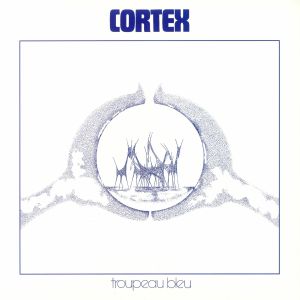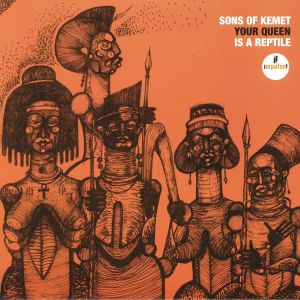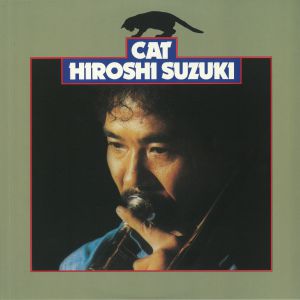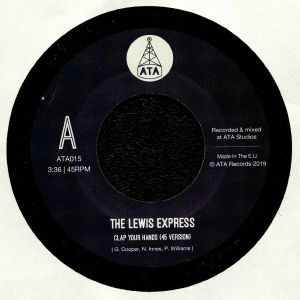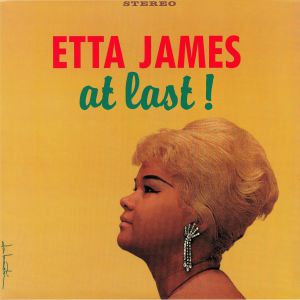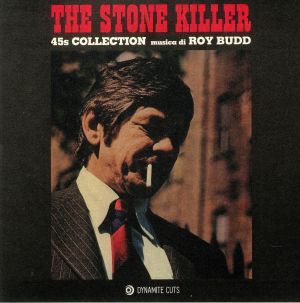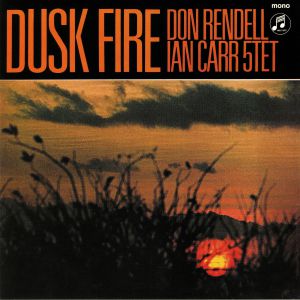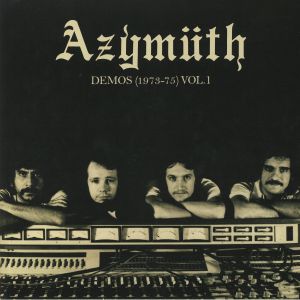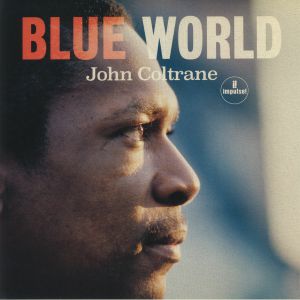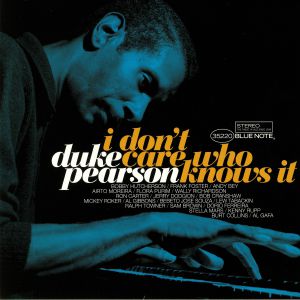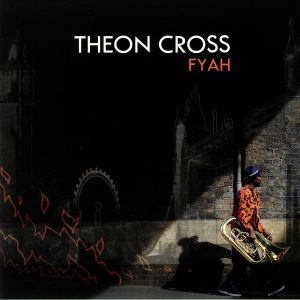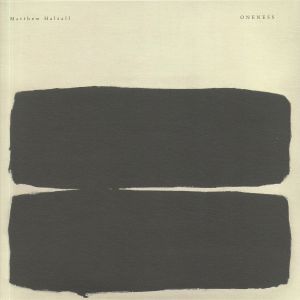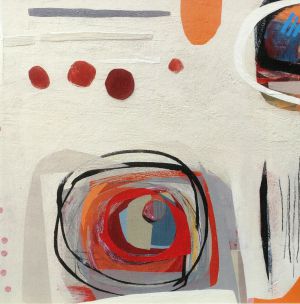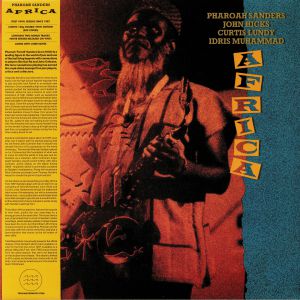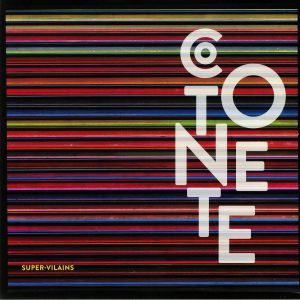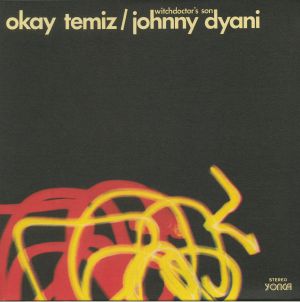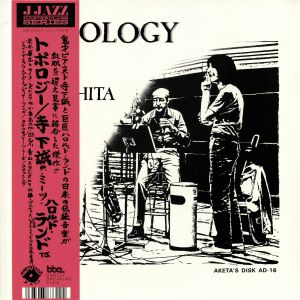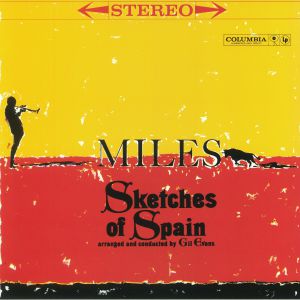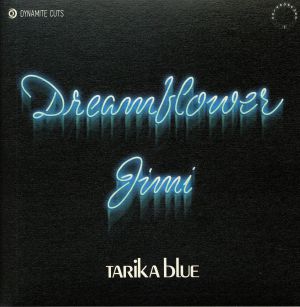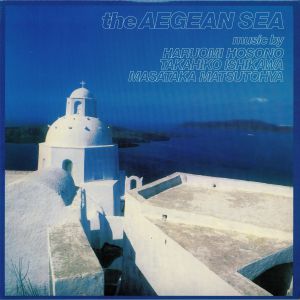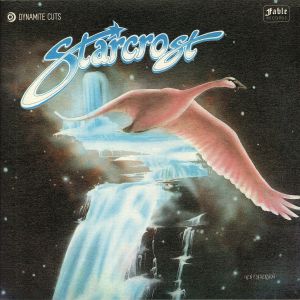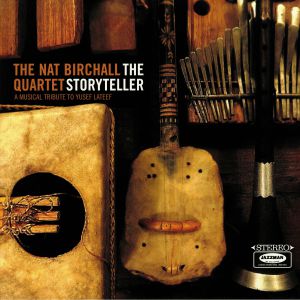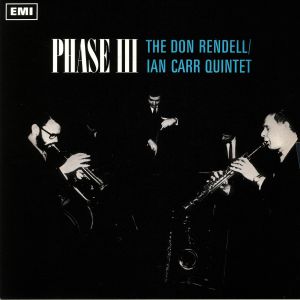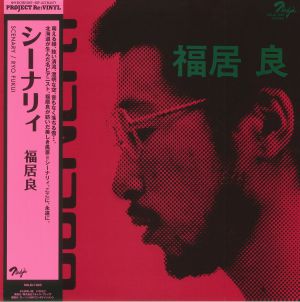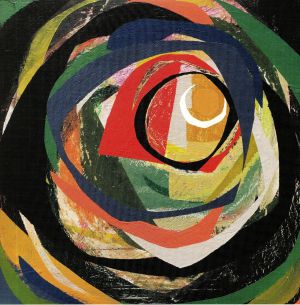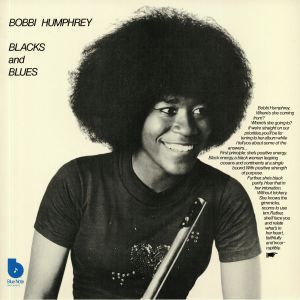
Juno Recommends Jazz
Jazz Recommends Jazz Best of 2019
17 Dec 2019
Read more...
1
out of stock $30.58
2
in stock $33.41
3
out of stock $22.65
4
out of stock $14.73
5
out of stock $26.05
6
Review: BBE's second trawl through late 20th century deep Japanese jazz is every bit as eye opening and essential as its predecessor, which caused many hearts to flutter when it was released 18 months ago. From start to finish, we're treated to a righteous range of largely little-known tunes, from the spiraling, sun-kissed spirituality of Makoto Terashita Meets Harold Land's epic "Dragon Dance", and the funk-fuelled dancefloor jazz brilliance of Mabumi Yamaguchi Quartet's "Distant Thunder", to the smooth, snaking seductiveness of George Kawaguchi Big Four's "Vietnam" and the synthesizer jazz-funk insanity of Electro Keyboard Orchestra's "Mother Of The Future". A superb selection of genuinely off-kilter and life affirming Japanese gems that should be an essential purchase for both serious and casual jazz fans.
...Read more
in stock $41.36
7
in stock $22.10
8
out of stock $25.49
9
Review: Before they found fame with their 1975 debut album, Azymuth divided their time between working as backing musicians (attending recording sessions with some of Brazil's top talent) and recording experimental home demos. Recently rediscovered, these demos are finally being given a release thanks to the efforts of Far Out chief Joe Davis. There's much to admire on this first batch (a second volume is also available) of previously unheard early recordings, from the high-octane Brazilian funk insanity of "Prefacio" and Jimmy Smith-esque "Melo De Cuica", to the spacey samba/jazz-funk fusion of "Xingo (Version One)" and the relaxed, slow-burn brilliance of seven minute B-side opener "Laranjeiras".
...Read more
in stock $30.31
10
Review: Blue World is an album that was never intended for release. It features music commissioned for a soundtrack for a Canadian film in 1964 and showcases a quartet that was at its very best. It's made up of short tracks and alternate takes of early Coltrane material and is utterly vibrant. Catchy little ditties like "Village Blues", stripped down numbers like the title track and the mostly-improvised "Traneing In" are all testament to the enduring brilliance of Coltrane, no matter the setting in which he was playing. The clarity of the recording and richness of the bass playing also add to the overall beauty of this record.
...Read more
in stock $25.49
11
Cat: B35220 /35220/BN 001. Rel: 14 Jan 19
Jazz
Review: Unusually, Duke Pearson spent his entire career releasing music on just one label: the legendary Blue Note imprint. Although he passed away in 1980 after a long battle with multiple sclerosis, his final album was actually released in 1996. It's this posthumous set - made up entirely of rediscovered recordings made between 1968 and '70 - that here gets the deluxe reissue treatment. It remains a superb set, with Pearson flitting between bluesy soul-jazz, bossa-nova-tinged Latin jazz breeziness, groovy post-bop workouts, samba-soaked soundscapes and breathtaking beautiful cinematic jazz (see the inspired "Theme From Rosemary's Baby"). This expanded edition not only includes previously CD-only tracks, but also an unheard gem: the melancholic, Vibraphone and flute-laden lament, "Dialogo".
...Read more
out of stock $44.18
12
out of stock $27.18
13
Review: Since he released his first album 11 years ago, bandleader, trumpeter and composer Matthew Halsall has proved to be one of British jazz's standout talents. In recent years he's delved into soul-jazz and big band jazz territory, so it's intriguing to find that "Oneness" is a much more spiritual, pared-down and minimalistic affair. Using a mixture of droning Indian instrumentation, languid and leisurely harp motifs, selective horn solos, melancholic trumpet lines and occasional traditional jazz instrumentation, Halsall has conjured up a series of meditative pieces that count among his most beguiling works to date. It may surprise a few listeners, but many more will find it enchanting, otherworldly and emotion-rich.
...Read more
out of stock $41.36
14
Review: The latest limited-edition salvo on Jazzman's contemporary jazz offshoot Jazz45 comes courtesy of Soren Skov Orbit, a Copenhagen-based outfit formed by saxophonist Soren Lyhne Skov and pianist Peder Vind. The two tracks stick closely to the project's founding principles of fusing global musical traditions with modal jazz. A-side "Orbit Bound", where hissing cymbals, hypnotizing piano motifs, plodding double bass and ear-catching saxophone solos cluster around a droning bass clarinet, is probably the pick of the pair, though the more straight-up, trad-jazz warmth of "NV" is also very enjoyable. As debut outings go, it's hugely impressive; here's hoping we hear more from Skov and Vind in the months and years ahead.
...Read more
in stock $10.77
15
Review: After spending so much of their career to date releasing on Jazzman, it's interesting to see The Greg Foat Group make their way over to Athens Of The North for this cool and deadly new record. "The Dreaming Jewels" keeps the grooves simmering low down - all the sweeter to sink into. Just lock in on "Eric's Breakdown" and ask yourself if the track needs any more than that sweet conga flex. "The Door Into Summer" is a beautifully mellow jam too, all sultry Rhodes and sax to signal the start of lazy days. There are more tender moments and some breezier affairs, but the vibe remains chilled throughout this wonderful set from an accomplished band.
...Read more
out of stock $27.48
16
Review: Although "Africa" is not one of the harder Pharoah Sanders albums to find on vinyl, jazz heads have long complained about the sound quality of the original single-vinyl edition of the 1987 album. It's for this reason that this Tidal Waves Music reissue, which stretches the set across two slabs of wax and adds two previously CD-only tracks ("Heart To Heart" and "Duo"), will simply fly off the shelves. That and the fact that it remains a superb album: a bright, breezy, contemporary jazz masterpiece that sees the legendary saxophonist accompanied by drummer Idris Muhammad, pianist John Hicks and bassist Curtis Lundy. Highlights include the arguably definitive version of Sanders' classic "You've Got To Have Freedom" and a superb update of John Coltrane standard "Naima".
...Read more
in stock $50.15
17
Review: In 2013, French jazz-funk combo Cotonete decided to call it a day, only to change their minds following a surprise offer to co-headline a festival in Eastern Europe. Looking back, they made the right choice, because "Super-vilains", their long-promised debut album following a string of hot 12" singles, is really rather good. Mixing jazz-funk with elements of Sly Stone style funk-rock, blissful ambience, stoned grooves, Afro-funk and tropical disco, the album not only consistently hits the mark, but also offers a near perfect balance between jaunty, floor-friendly fare and hazy, sofa-friendly soundscapes. As debut albums go, it's a doozy.
...Read more
out of stock $26.35
18
out of stock $23.78
19
Review: London's contemporary jazz scene is so strong right now that there's not a week that passes without the release of a killer new album from one of its leading protagonists. The latest comes from Ezra Collective, which finally delivers its' debut album following a string of inspired live performances and a handful of must-have singles. Kicking off with a breezy chunk of hip-hop-jazz, "You Can't Steal My Joy" sees the hyped five-piece confidently bounce between intense, spiraling epics ("Why You Mad?"), reggae-influenced aural sunshine ("Red Whine"), polyrhythmic Afro-jazz ("Quest For Coin"), bespoke soul (Jorja Smith hook-up "Reason In Disguise"), live boom-bap hip-hop (Loyle Carner collaboration "What Am I To Do"), bustling Afro-Cuban jazz ("Chris & Jane"), picturesque piano pieces ("Philosopher II") and much more besides. As debuts go, it's mighty impressive.
...Read more
in stock $26.05
20
Review: The latest volume in BBE's J Jazz Masterclass series is something of a stone-cold classic: then young Japanese pianist Makoto Terashita's 1983 album-length collaboration with legendary tenor saxophonist Harold Land. Somewhat surprisingly, this is the first time that the sought-after set has been reissued since, making it something of a must-have for serious jazz fans. Both players are clearly audible throughout the LP, with the accompanying bassist and drummer generally kept low in the mix. It's an approach that pays dividends from start to finish, with highlights including the poignant and picturesque "Dear Friends", the epic dancefloor flex of "Dragon Dance" and the raucous, high-octane thrills of "Crossing".
...Read more
in stock $29.75
21
in stock $18.98
22
out of stock $18.12
23
Cat: V 25AH506. Rel: 13 Mar 23
Jazz
Review: In 1979, a year after he co-founded Yellow Magic Orchestra, Haruomi Hosono joined forces with acoustic guitarist Takahiko Ishikawa and keyboardist Masataka Matsutoya to record "The Aegean Sea", a gloriously sunny set of jazz-fusion, disco and jazz-funk cuts shot through with Mediterranean musical influences. It's the kind of thing that would now be considered "Balearic", so it's little surprise to see the set getting a European reissue for the very first time. There's much to admire throughout, from the funk-fuelled dancefloor cheeriness of "Reggae Aegean Woman" and Bob James/Jimmy Smith-influenced bliss of "Image", to the sun-baked gorgeousness of "Day Break" and thrillingly jaunty "Atlantis".
...Read more
out of stock $24.08
24
in stock $18.70
25
Cat: JMANLP 115. Rel: 16 Sep 19
Jazz
Review: Turning your hand to the catalogue of a jazz colossus like Yusef Lateef would be beyond most contemporary jazz musicians, but then Nat Birchall is currently one of the best saxophonists in the business. Alongside his quartet and with the aid of some unusual instruments from around the world - something Lateef was famously fond of doing - Birchall has delivered a set of covers that breathe breezy new life into some of the American multi-instrumentalist's most admired compositions whilst retaining some of the original flavour. Our favourites include the droning North African brilliance of "Mashariki", the sun-baked afternoon breeze of "Ringo Oiwake" and the piano-powered bliss of "Willow's Walk".
...Read more
out of stock $33.98
26
out of stock $28.32
27
Review: The late, great Ryo Fukui became one of the greats of Japanese jazz, and even founded one of J-Jazz's best-loved clubs, the Slowboat in Sapporo. Yet when he first recorded and released his debut album, Scenery, in 1976, he'd only been playing the piano for six years. It's this that makes the album so remarkable, really; despite his relative inexperience, Fukui's performances throughout the album are rarely less than dazzling. His sensitive, emotive and at times virtuoso piano work across the album is simply superb. Regardless of whether he's bashing out an up-tempo jazz number with the assistant of a bassist and drummer, or delivering a spine-tingling solo piece, Fukui remains the star attraction throughout.
...Read more
out of stock $42.49
28
out of stock $32.01
29
Review: Ahead of a fresh album due later in the year, Nat Birchall fires up his quartet and returns to the Jazz45 series with a second seven-inch salvo for the Jazzman offshoot. A-side "Obeah Man" is wonderfully sweet, soulful and breezy, with Birchall and company layering jaunty spiritual jazz style piano riffs and snaking solos (think Clarinet, sax, trumpet etc) over a warm, loose and bustling groove. They continue on a similar vein on the slightly bolder flipside cut "Seeking", where bandmembers trade solos atop a classic jazz style bassline and fizzing drums. That forthcoming album should be killer.
...Read more
in stock $10.77
30
out of stock $29.75

 USD
USD




